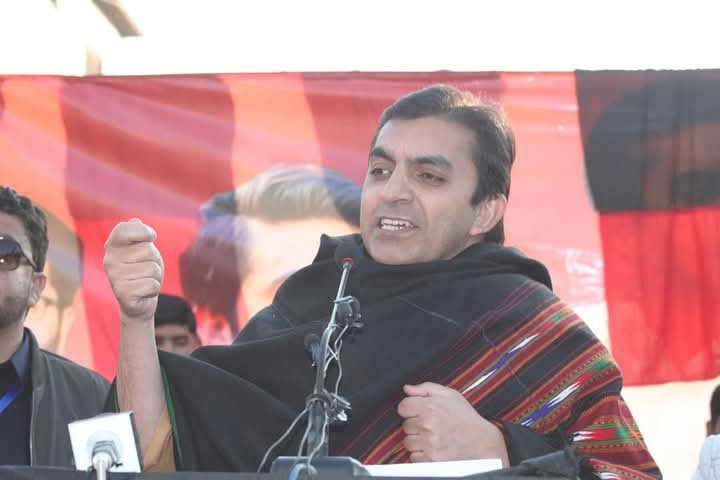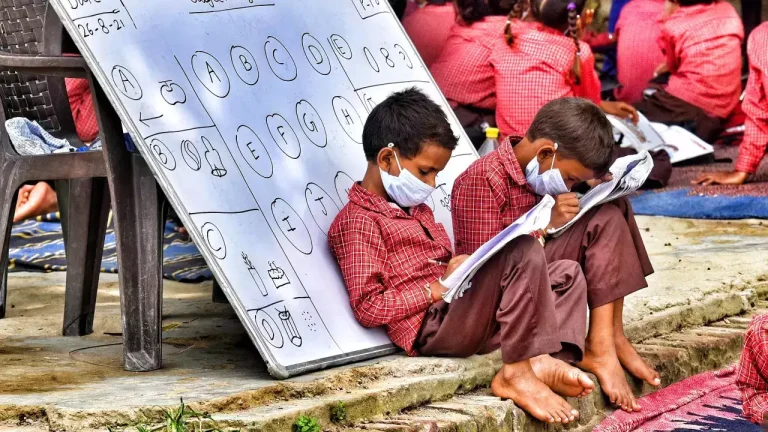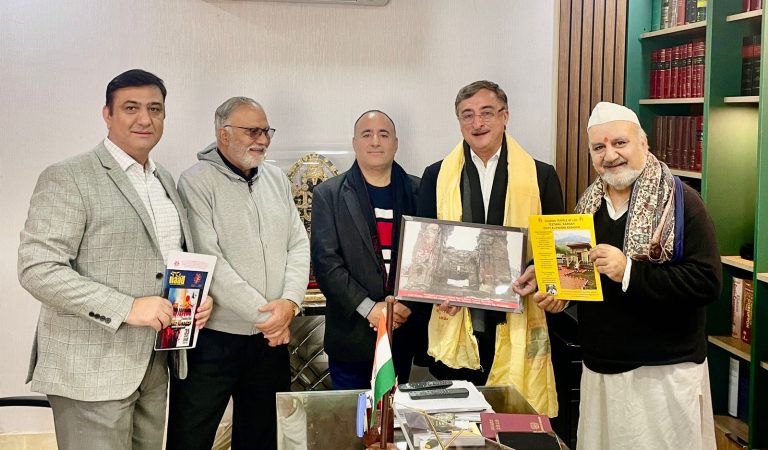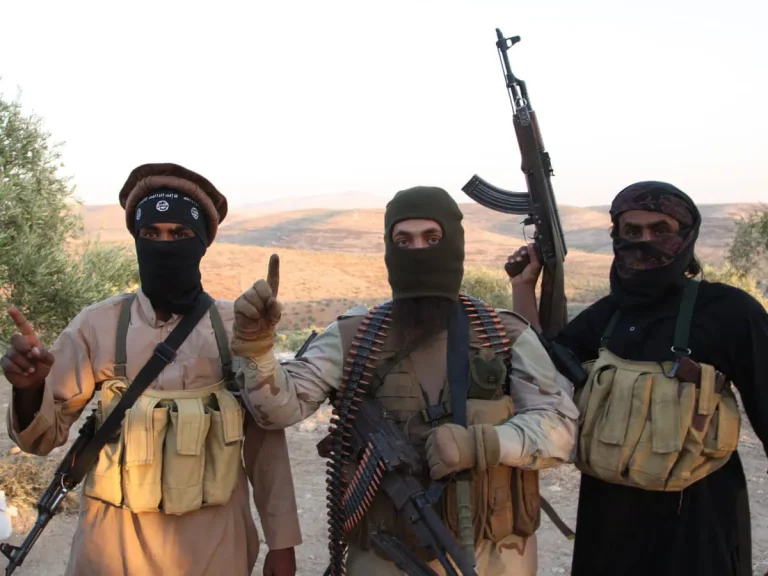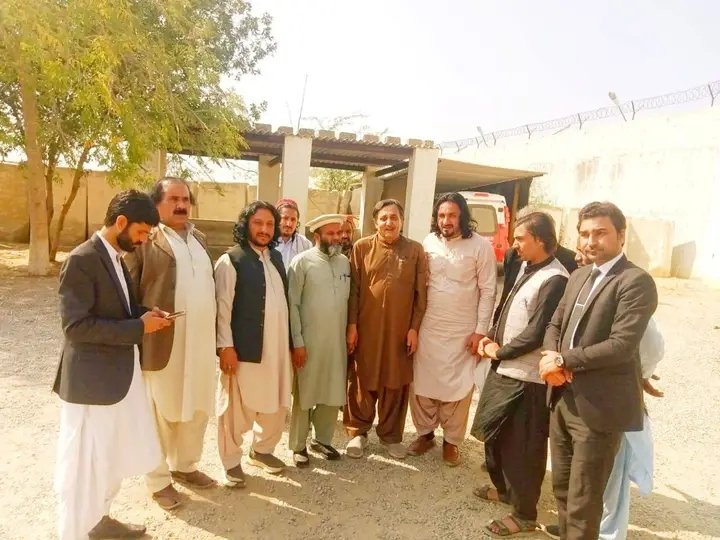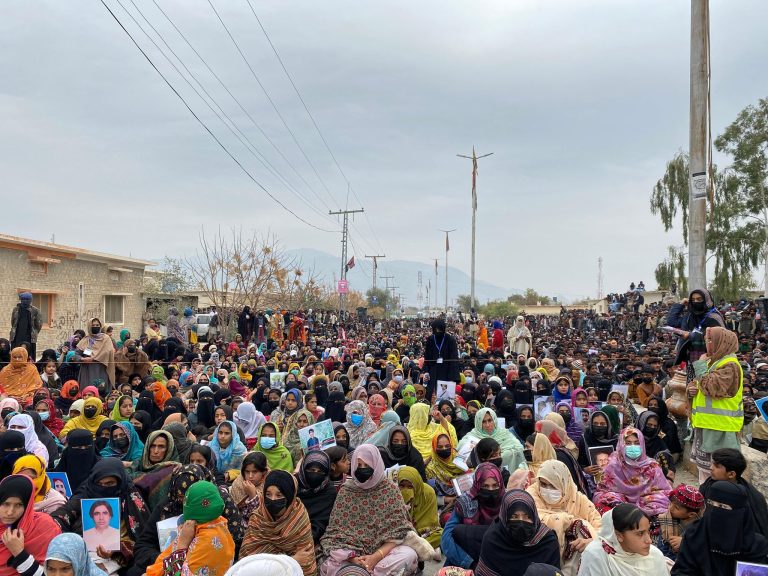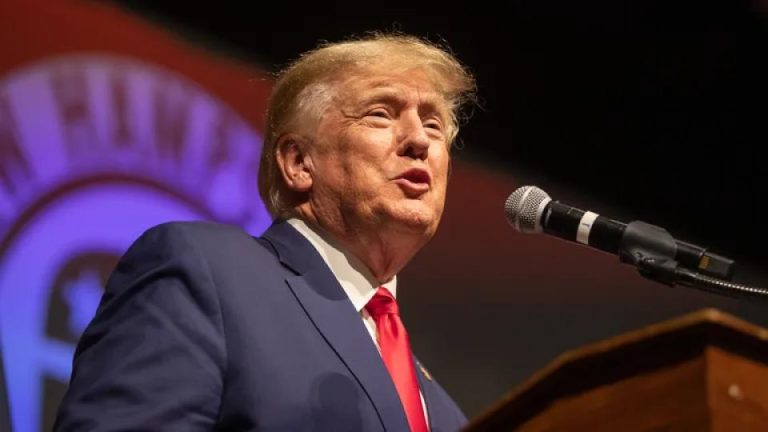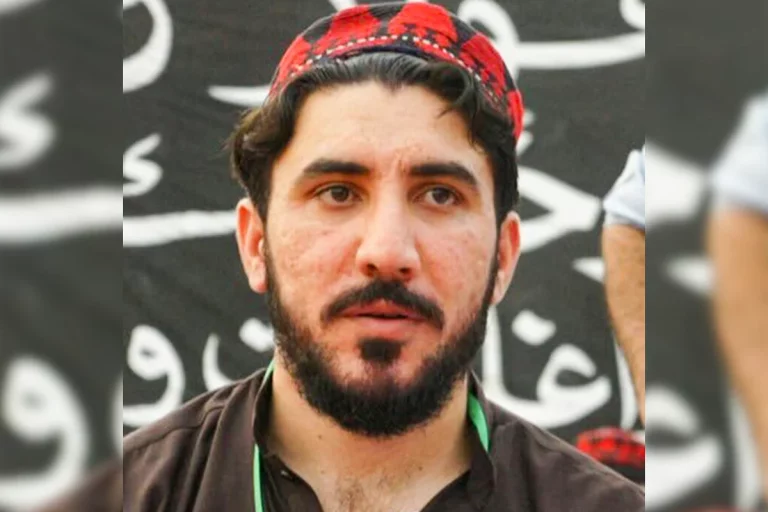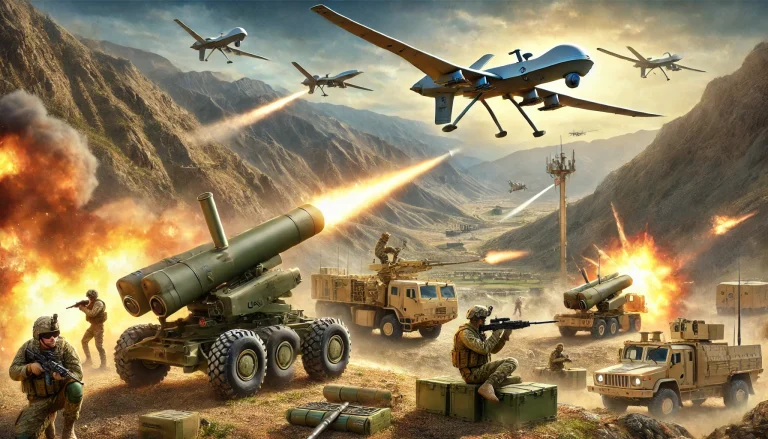Part II – Firepower Dominance in Ongoing Wars and Road Ahead for India
In Part I, an overview of the international geo-political and security environment was covered, with nations indulging in multi-domain strategies and operations. The salienceof firepower [artillery and unmanned aerial systems (UAS)] in combined arms operations was established. Strategically firepower acts as a conventional deterrent,and is the primary ingredient for victory in battle (Part I). In Part II, the actual employment and integration of firepower in ongoing battles, and what India should do, to be ready for any future confrontation/conflict has been covered.
Integration of Firepower Assets (artillery) and UAS in Ongoing Wars
UASs are increasingly part of a network of collaborative platforms and systems in a contested battlespace. The figure below illustrates an UAS acting as the link to multiple platforms and systems which could include satellites; multi-role fighters; long-range bombers; aerial refueling aircraft; destroyers and cruisers; carrier strike groups; expeditionary bases; command-control-communication centres; and long-range fires. To communicate across these platforms and systems (sensor-shooter integration), UASs need to pass information through layered networks; to include tactical targeting network technology (TTNT), Multifunction Advanced Data Link (MADL), multiband satellite communications (SATCOM), Link 16, and mesh networks (mainly NATO terms but all nations would need these).
Kill Chains: A new term “kill chains”, has emerged which is the process of gaining an understanding of the battlefield, identifying a possible target, determining the target’s location and other pertinent information, deliberating what action to take, and making a decision (such as conducting a strike). The UASs are playing an important part of the “reconnaissance strike complex”, which is designed for the coordinated employment of high-precision, long-range weapons linked to real-time intelligence data and accurate targeting. Russian forces have used a variety of UASs and loitering munitions in Ukraine, including the Orlan-10 and 30, Forpost-R, Eleron-3, Granat-1 and 2, Israeli Zastava, mini UAS Takhion-4, Orion, and loitering ammunition ZALA-421.
Integrated Firepower Operations in Ukraine War.In one operation, Ukrainian ground forces used forward-deployed UASs to identify a Russian infantry unit near Bakhmut in Donetsk, Oblast and fed the information to a command and control center, which passed it to Ukrainian soldiers that hit the Russian unit with a 122-mm howitzer. Ukrainian forces have utilized Kropyva, an intelligence mapping and artillery software populated by information from UASs and other sources. Forward-deployed tactical units have downloaded the software and continuously updated it on handheld tablets and computers. Ukraine has leveraged Starlink, a commercially owned (Elon Musk) satellite internet constellation that provides high-
speed, low-latency broadband internet using advanced satellites in low earth orbit for identification. One Ukrainian military official noted, “We use Starlink equipment and connect the drone team with our artillery team. If we use a drone with thermal vision at night, the drone must connect through Starlink to the artillery guy and create target acquisition.” Russians have employed Eleron-3 or Orlan-10 UASs to identify potential targets, such as Ukrainian C3 centres, infantry or main battle tanks; pass the information, including the type of target and its coordinates, to command and control facilities; and distribute it to systems that can strike the target, such as 2S19 Msta-S 152-mm self-propelled howitzers or Tornado-S 300-mm multiple launch rocket systems:as fast as within 3 to 5 mins, while with electronic warfare direction finding, acoustic reconnaissance, or counter-battery artillery radar, it might take Russian artillery half an hour for accurate artillery fire. If Russian forces are able to keep a UAS on a target, they can adjust fire in near real-time, even if the target is moving.
Strikes by UAVs/Drones: Russia and Ukraine have utilized UASs for strike missions, including against land, air, and maritime targets. Ukrainian Bayraktar TB2 drones have struck numerous Russian targets, such as howitzers, main battle tanks, supply trucks, towed artillery, maritime vessels, command posts, logistics depots, and Buk, Tor, Strela, and ZU-23 air defense systems. Illustrating UAS deployment in multi-domain environment, between April 26 and May 8, 2022, Ukrainian TB2s targetedseveral Raptor-class patrol boats, a Sarna-class landing craft, and helicopters in and near the Black Sea. Russia too conducted strikes with UASs, including Orlan-10s armed with freefall high-explosive fragmentation grenades. Russian forces have also utilized Iranian Shahed-131 and Shahed-136 UASs to strike targets deep inside Ukrainian territory. These types of UASs posed challenges for the Ukrainian military because they can fly at low altitudes that make it difficult for air defences to detect. Strategically, causing anxiety within the international community, during May/June 2023, Ukraine used UAS to strike wealthy districts of Moscow.
Thoughts impacting the Indian Conflict Zones
Rapidly evolving geopolitical landscape, and concept of multi-domain threats has emerged as a defining feature of our security challenges. The integration of capabilities across various domains, including land, air, sea, space, and cyberspace by our adversaries, creates complex and interconnected challenges for our armed forces. The terrain conditions in the Himalayas are quite similar to the Rasputitsa conditions in Ukraine; whereby movement will be restricted to the roads to a large extent. Move of infantry and mechanised forces will be severely limited. Employment of Air will be restricted by fickle Himalayan weather. The battles will be largely fought by Infantry and Artillery. Hence the value of firepower will increase manifold. Few more aspects are highlighted.
• Integration of ISR Resources.Transparency of the battlefield to include close combat, and at operational and strategic depth has now become a sine quo non to dominate the battle space. Commanders at all levels need to know what is happening within their area of influence. Firepower assets must have real time sensor-shooter links in a fast-paced battlefield. Artillery hence requires dedicated, integrated ISR capabilities to bring down accurate, timely and effective fires.
• Integrated and Integral Resources.The fine distinction between integral and integrated needs to be bridged. Just as attack helicopters and mechanised forces must operate hand in glove providing intimate support, dedicated ISR resources specially UAS must be allocated to artillery. Need to review command and control of UAS assets (both recce and combat – under Army Aviation) in the Indian Army.
• Conflict Zone: a paradox.The war zone spaces have paradoxically both expanded and contracted! Transparency and long-range vectors contracts, and concurrently battle space has expanded to include the operational and strategic depth, due multi-domain kinetic and non-kinetic assets. The Ukraine war has amply demonstrated the destructive capability and potency of both close and deep fires. We need to urgently expand our firepower resources in numbers, quality and range. I must state here that while technology and firepower can substitute manpower to some extent, boots on the ground are ultimately required both to hold and capture ground.
• Whether against Pakistan or China, India’s emerging firepower assets will dominate the battlefield. Against Pakistan it will be the ‘battle winner’, and against China it will be a deterring force. The main source of firepower in mountains is Artillery since Air Force might not be as effective due to vagaries of weather and terrain conditions. The increasing density and lethality of air defence systems like S400, will limit the role and effectiveness of offensive Air Power.
• Hypersonic/cruise/guided missiles, rockets, guns and UAS, will deter our adversaries from launching any misadventure; imperative to increase capabilities and capacities.
• Employment of Deep Fires.This concept is now essential to dominate the conflict zone; needs to be finetuned and we must apply it while conducting MDO.
Conclusion
Firepower/Artillery has been used to breakthrough/breach enemy defences to enable and generate movement, and conversely, firepower has also been used to fix and restrict manoeuvre by the enemy during recent wars. These conflicts will be analysed minutely by our adversaries. Like Russia, China too lays great emphasis on firepower specially employment of rockets and missiles. Their concept is to fightunder conditions of informatisation, using precision strike capabilities to paralyse enemy operational systems as part of their system destruction warfare. For us, capacity and capability building and integration of firepower is an operational imperative. Concept of deep fires needs credible and sufficient arsenal, and integration of all sensor-shooter links. Predominance of firepower is even more applicable along India’s unique contested borders, and must get the right impetus to modernise and grow. Indian Armed Forces have come a long way, and we continuously strive to train and equip our armed forces to fight a MDW, whenever called upon to do so.


